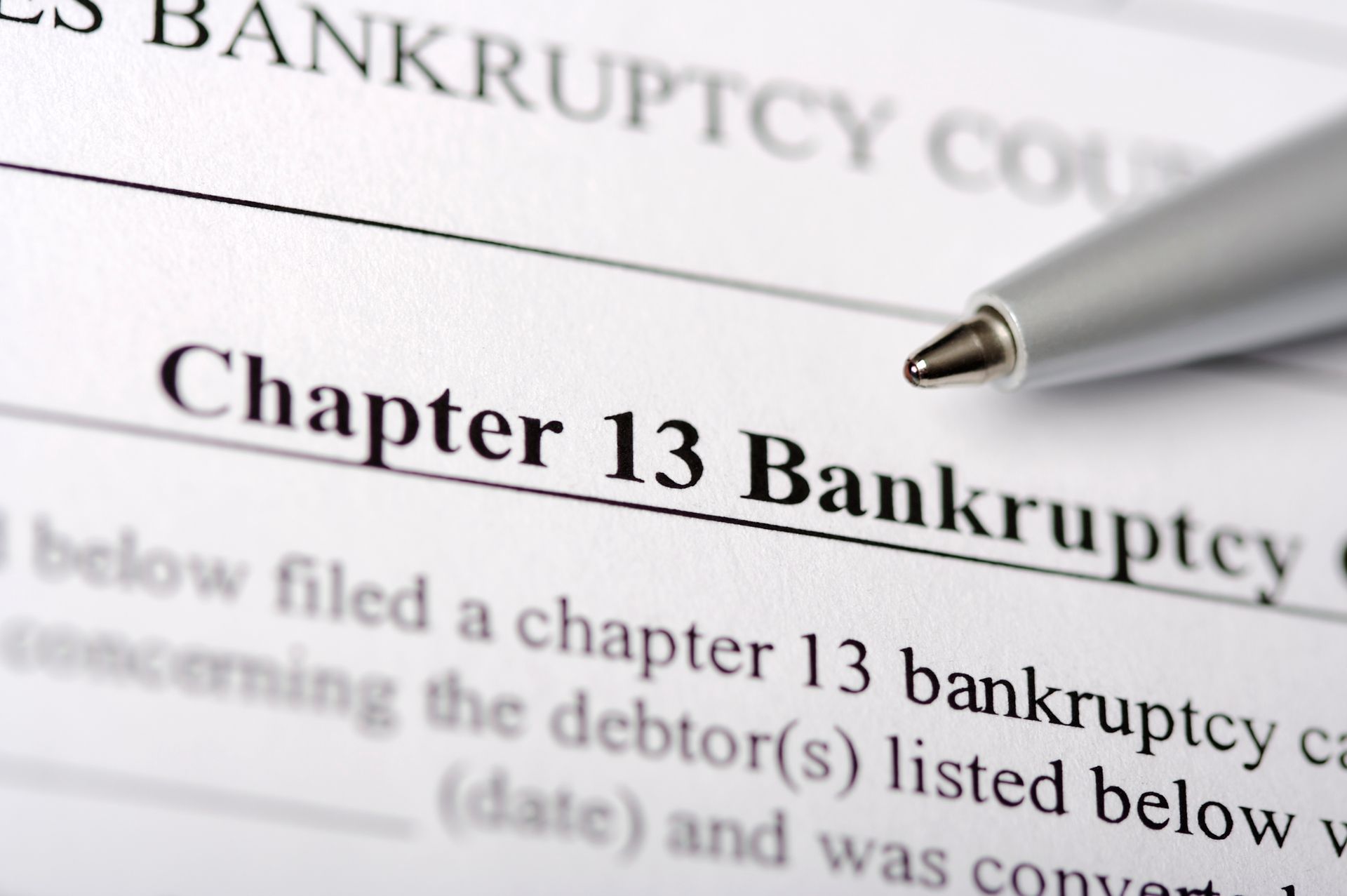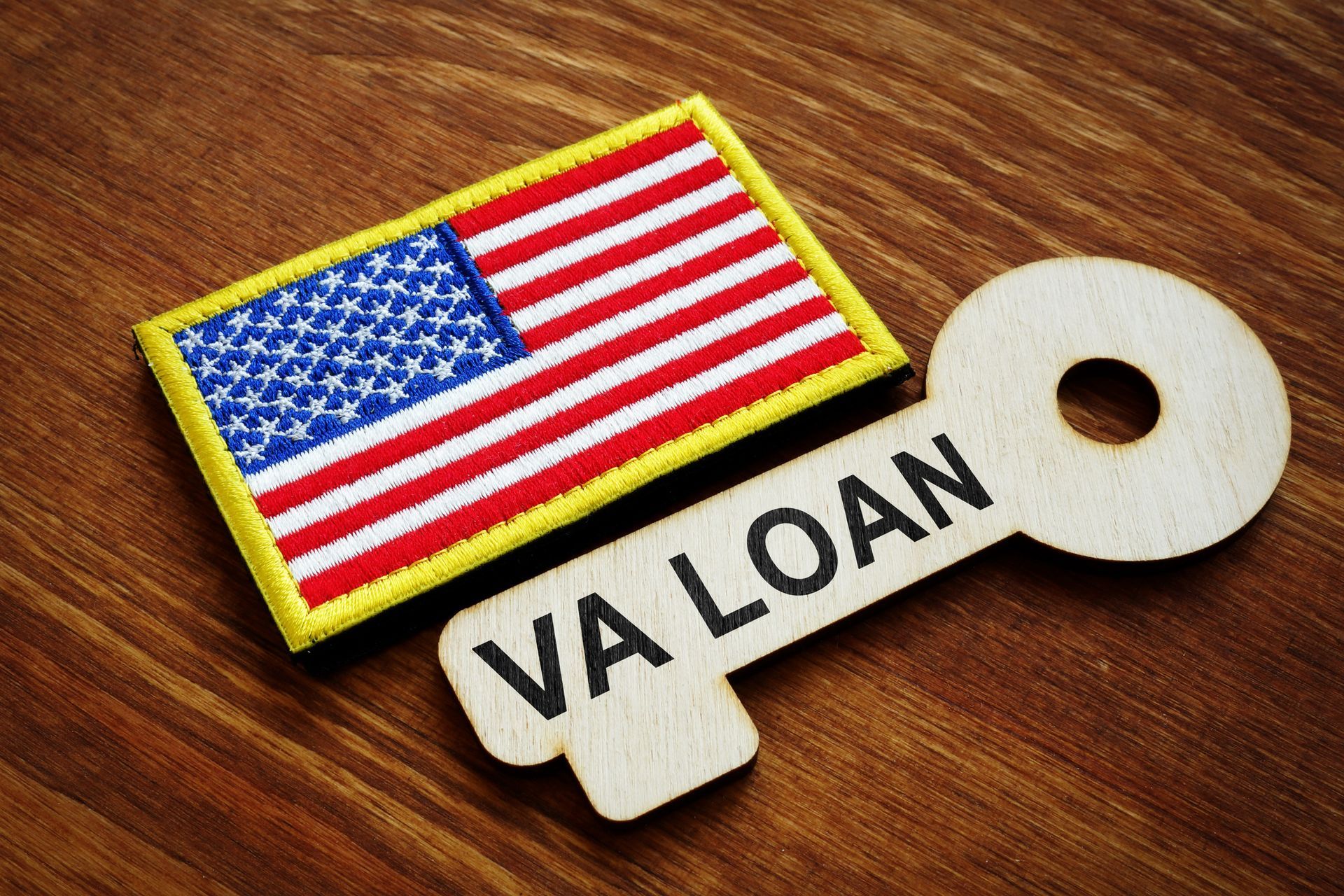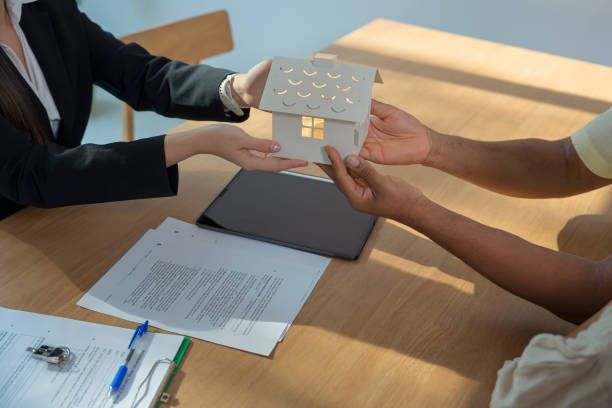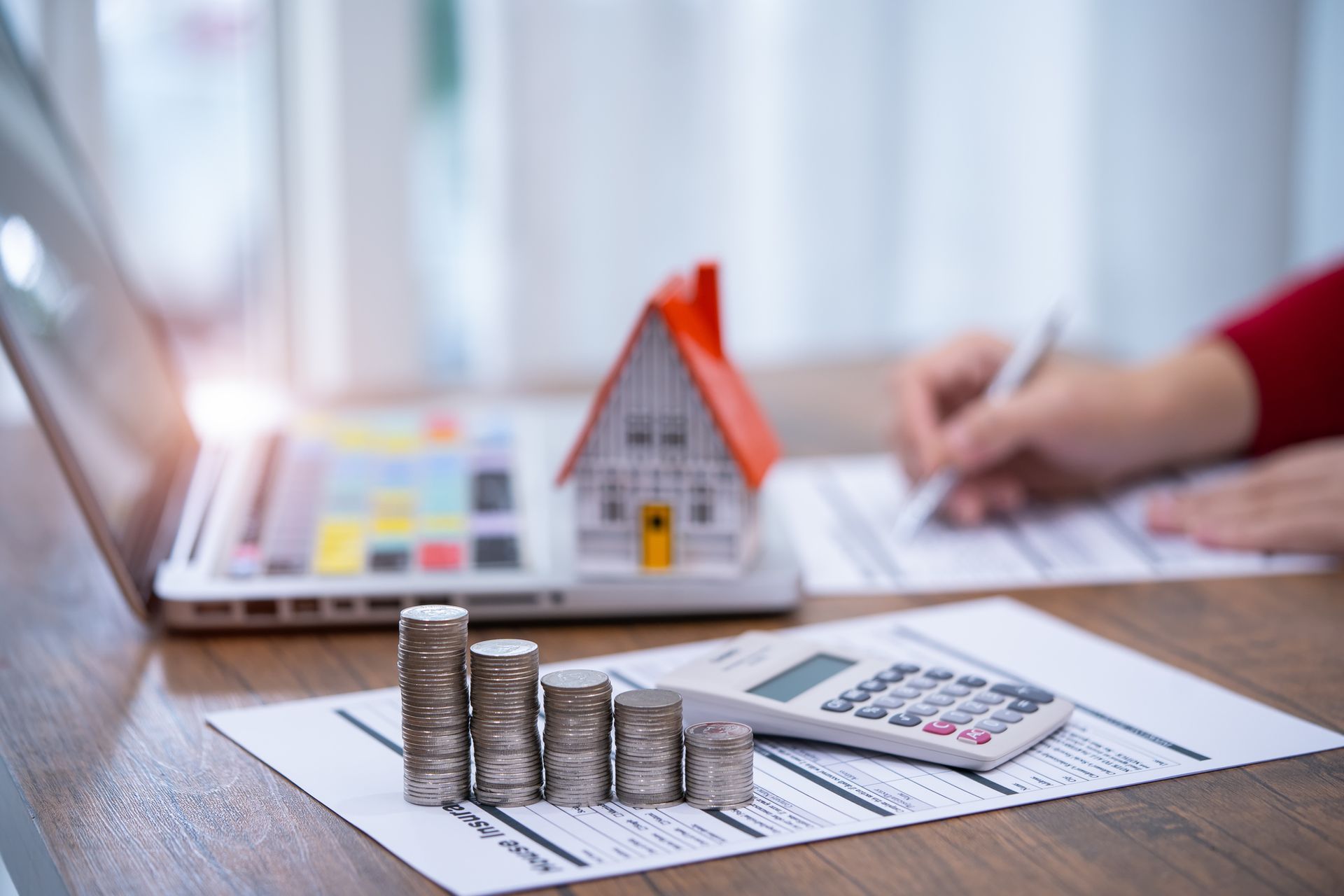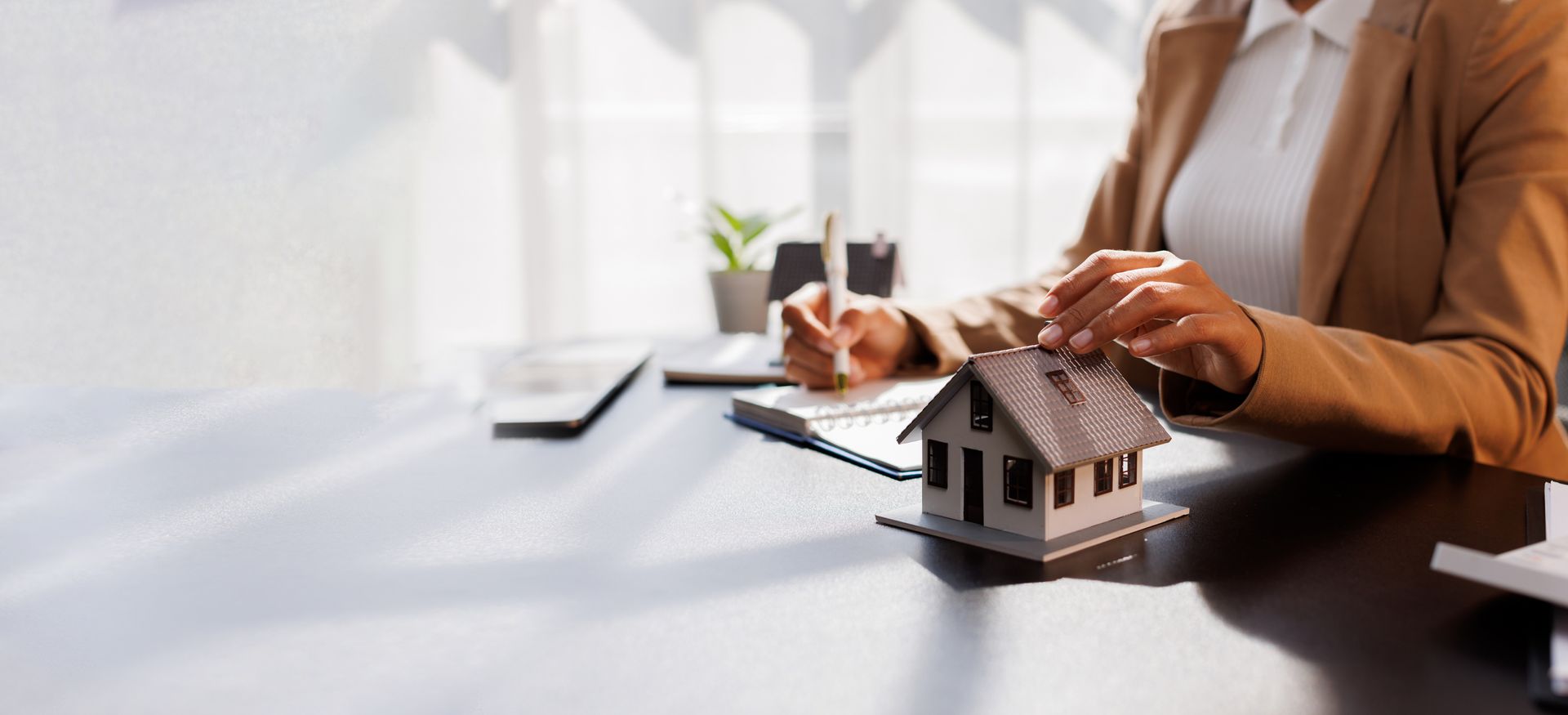December 3, 2025
Chapter 13 bankruptcy, otherwise known as a “wage earner’s plan” or “reorganization” bankruptcy, allows you to reorganize your debt into a more realistic repayment plan. You can file for Chapter 13 bankruptcy if you have a regular income and can develop a plan to repay all or part of your debt over a period of three to five years. Unlike Chapter 7 bankruptcy, Chapter 13 bankruptcy allows you to maintain ownership of your assets. Chapter 13 can be a beneficial way to stop collection efforts, including foreclosure or repossession. Once you and the court agree on a repayment plan, you will be expected to make a monthly payment that is manageable with your income. If you can make all your monthly payments on time and in full for the duration of your repayment plan, any remaining debt will be discharged at the end of your repayment term. Chapter 13 repayment plans typically offer smaller monthly payments and better interest rates than the original terms of the debts. This way, you can pay less money overall on your debt. One powerful tool of Chapter 13 bankruptcy is the “cramdown.” The cramdown allows a debtor to reduce the secured balance of specific loans to the fair market value of the collateral. The remaining debt amount above the fair market value is often discharged at the end of your Chapter 13 repayment plan. Veitengruber Law works with NJ residents to get out from under unmanageable debt through bankruptcy. We have helped many folks utilize the cramdown to keep their car, secondary house, and other property. Here, we explore how the Chapter 13 bankruptcy can help you. How does the cramdown work? The basic idea behind the cramdown is to ensure you pay a fair market price for your property. The cramdown adjusts the amount of debt owed to align with the actual value of the secured asset. For example, suppose you owe more on a car than it is actually worth. In that case, the cramdown can allow you to reduce the amount owed on your auto loan to the vehicle’s market value. This amount will be rolled into your Chapter 13 repayment plan. The remaining balance then becomes unsecured debt. Once you have completed all the payments in your repayment plan over three or five years, the remaining unsecured debt can be discharged. The cramdown not only reduces your monthly payments, but it also reduces the amount you will pay overall. Many folks use the cramdown to pay back car loans. For example, let’s say your car loan balance is $20,000. In a fair-market-value analysis, your car is only worth $12,000. Chapter 13 bankruptcy will allow you to cram down your loan to the car’s actual value of $12,000. The remaining balance of $8,000 will be included in the unsecured debt balance, such as credit cards and personal loans. Once you have completed your repayment plan, these unsecured debts are often discharged. This means you will only pay a fraction of the unsecured debt you owe. Meanwhile, because you paid back the actual value of your car, you will own it free and clear at the end of your Chapter 13 bankruptcy. What debts are eligible? Not all debts qualify for a Chapter 13 cramdown. The cramdown applies to specific types of secured debts, but not all secured debts are eligible. Car loans are the most common debts that can be subject to cramdown. However, your vehicle must have been purchased at least 910 days (two and a half years) before filing for bankruptcy. Other personal property purchased with financing, such as furniture or appliances, may be eligible if purchased more than 365 days before filing for bankruptcy. The 910-day rule for car loans and the 1-year rule for other personal property are federally mandated restrictions designed to prevent folks from cramming down recent, expensive purchases. Unsecured debts cannot be crammed down. Can I cram down my mortgage? Investment properties or secondary properties can also qualify for cramdown, but primary residences do not. Many NJ courts will expect debtors to pay off the full debt owed on secured property. While this expectation may be realistic for personal property like appliances or furniture, it can be incredibly challenging to repay the fair market value of an investment property in three or five years. Even a crammed-down mortgage can total tens of thousands of dollars. Attempting to pay back this amount of debt in three or five years typically results in one of two scenarios: At the end of your Chapter 13 repayment plan, you will be left with a balloon payment for the balance of your mortgage. For the average person, this balloon payment would be an unmanageable financial burden, especially coming out of bankruptcy. Bankruptcy courts understand the impracticality of this result. They will not allow you to end up in this situation unless you can prove that you would be able to pay off the balloon payment. Including the mortgage on your investment property would make your monthly bankruptcy payments so high that you would be unlikely to be able to make them. If you are going through bankruptcy, you are likely doing so to lower your monthly payments. Because of these potential issues, most people opt not to cram down their mortgage for investment properties. However, for folks who have the means, a mortgage cramdown has a couple of benefits, including: A lower interest rate: The bankruptcy court will determine your cramdown interest rate once you file for Chapter 13. Typically, the interest rate set by the court will be the prime rate plus a few points. This is usually much lower than the interest rate from the original loan. You can use this to your advantage and avoid paying high-interest rates. This helps lower the total amount you pay for your property. No deficiency: Bankruptcy is the single most powerful tool you have to avoid foreclosure on your property. During foreclosure, your lender will try to sell your property for the amount still owed on your loan. However, if you owe way more than the fair market value of your property, your lender may end up selling the property for less than you owe. In some cases, you may have to pay your lender the difference between what you owe and what the property has sold for. This amount is called the deficiency. If you can cram down your mortgage, you will not be liable for the amount of debt that is no longer secured if the property is foreclosed and sold. The unsecured amount of the loan is typically about equal to the deficiency. This means you will not be responsible for repaying your lender for this debt. You will, however, lose the property in this situation. Veitengruber Law is an experienced NJ debt relief legal team. Our bankruptcy attorney helps people utilize all the tools available through bankruptcy to avoid foreclosure, halt collection efforts, and minimize further financial issues. If you are considering Chapter 13 bankruptcy, we can help.
